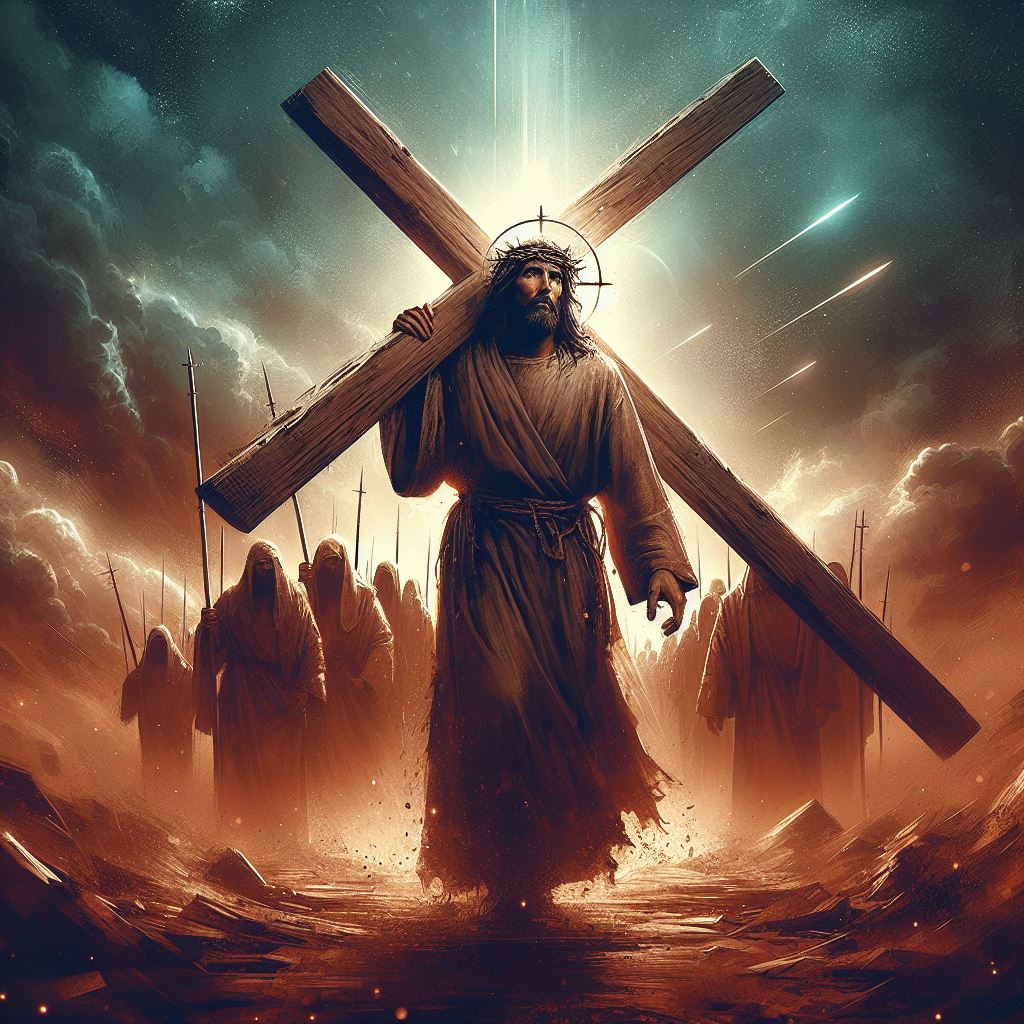The Christian Roman Empire stands as a remarkable chapter in the annals of history, marking a significant shift in the Roman Empire’s trajectory. It was a time of profound transformation, where Christianity became the dominant religion and influenced every aspect of Roman society. Let’s delve into what life was like during this captivating period.

The Rise of Christianity in the Roman Empire
Christianity emerged as a small religious movement in the Roman Empire but steadily gained followers, eventually becoming the state religion. The conversion of Emperor Constantine to Christianity in the 4th century CE was a pivotal moment. His Edict of Milan in 313 CE granted religious tolerance to Christians, paving the way for the faith’s widespread acceptance.
The Impact on Society and Culture
With Christianity becoming the state religion, there were significant changes in Roman society and culture. Churches were built throughout the empire, serving as centers of worship and community gatherings. Christian values such as compassion, charity, and forgiveness influenced laws and social norms, shaping the moral fabric of society.
Political Structure and Governance
The Christian Roman Empire retained the administrative and governmental structures of its predecessor but with a newfound emphasis on Christian principles. Emperors were often closely tied to the Church, and ecclesiastical leaders wielded considerable influence. This intertwining of religion and politics helped maintain stability but also led to power struggles within the empire.
Art, Architecture, and Iconography
Christianity left an indelible mark on Roman art and architecture. Magnificent cathedrals adorned with intricate mosaics and frescoes became symbols of the faith’s grandeur. Iconography depicting biblical scenes and saints proliferated, serving as visual aids for worship and education. The Christian Roman Empire’s artistic legacy remains a testament to its cultural richness.
Daily Life in the Christian Roman Empire
For the average citizen, life in the Christian Roman Empire was a blend of religious devotion, work, and leisure. Families attended church services regularly, participated in religious festivals, and observed Christian rituals such as baptism and communion. Agriculture, trade, and craftsmanship sustained the economy, while public baths, theaters, and chariot races provided entertainment.
Challenges and Decline
Despite its achievements, the Christian Roman Empire faced numerous challenges. Internal strife, external invasions, and economic instability plagued the empire, leading to its eventual decline. The division of the empire into the Western and Eastern halves further weakened its unity, ultimately contributing to its downfall.
Legacy of the Christian Roman Empire
Although the Christian Roman Empire eventually fell, its legacy endured. Christianity continued to shape Western civilization, influencing art, philosophy, law, and ethics. The Byzantine Empire, the Eastern successor to the Roman Empire, carried on the Christian tradition for centuries, preserving and enriching its cultural heritage.